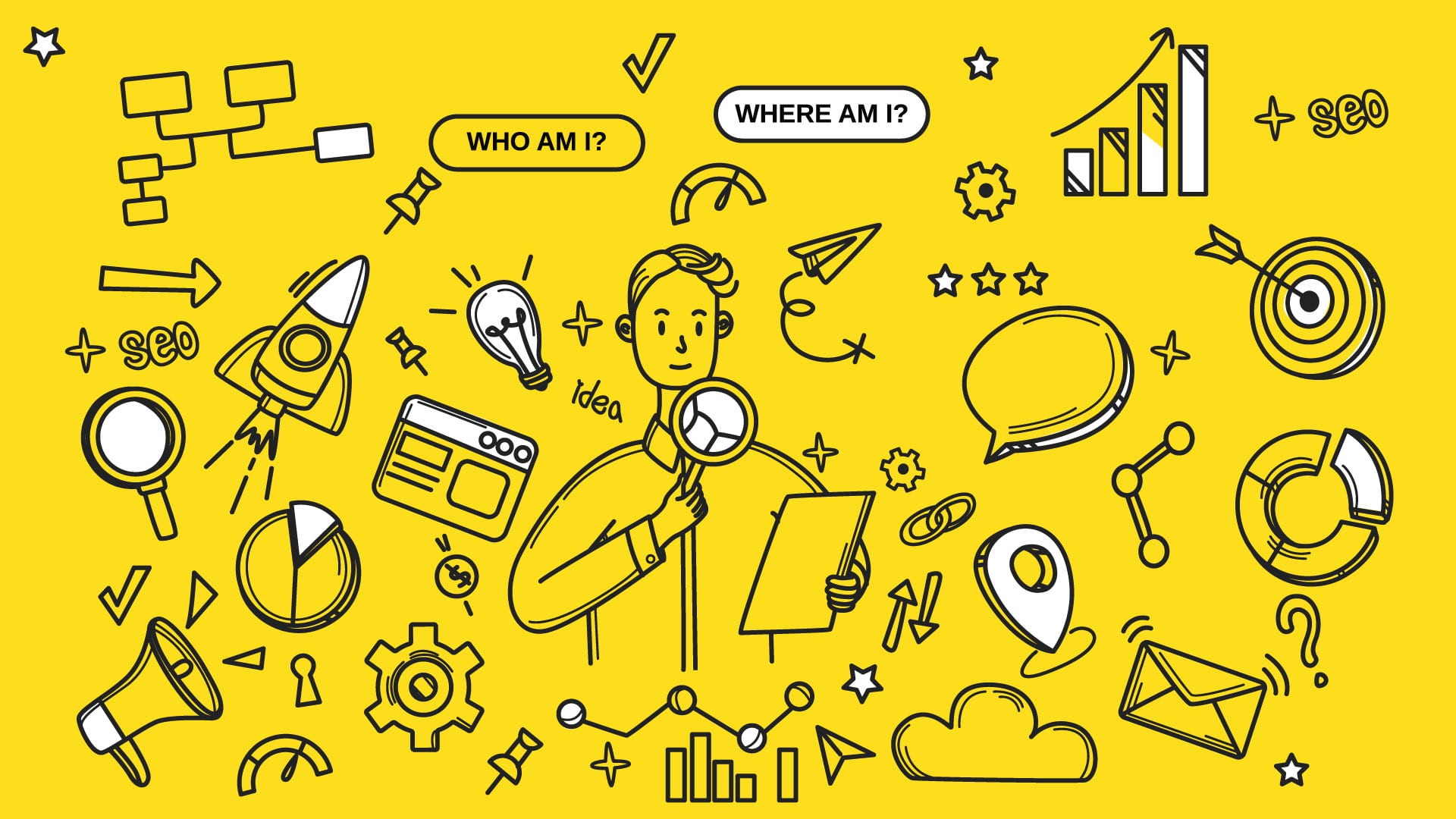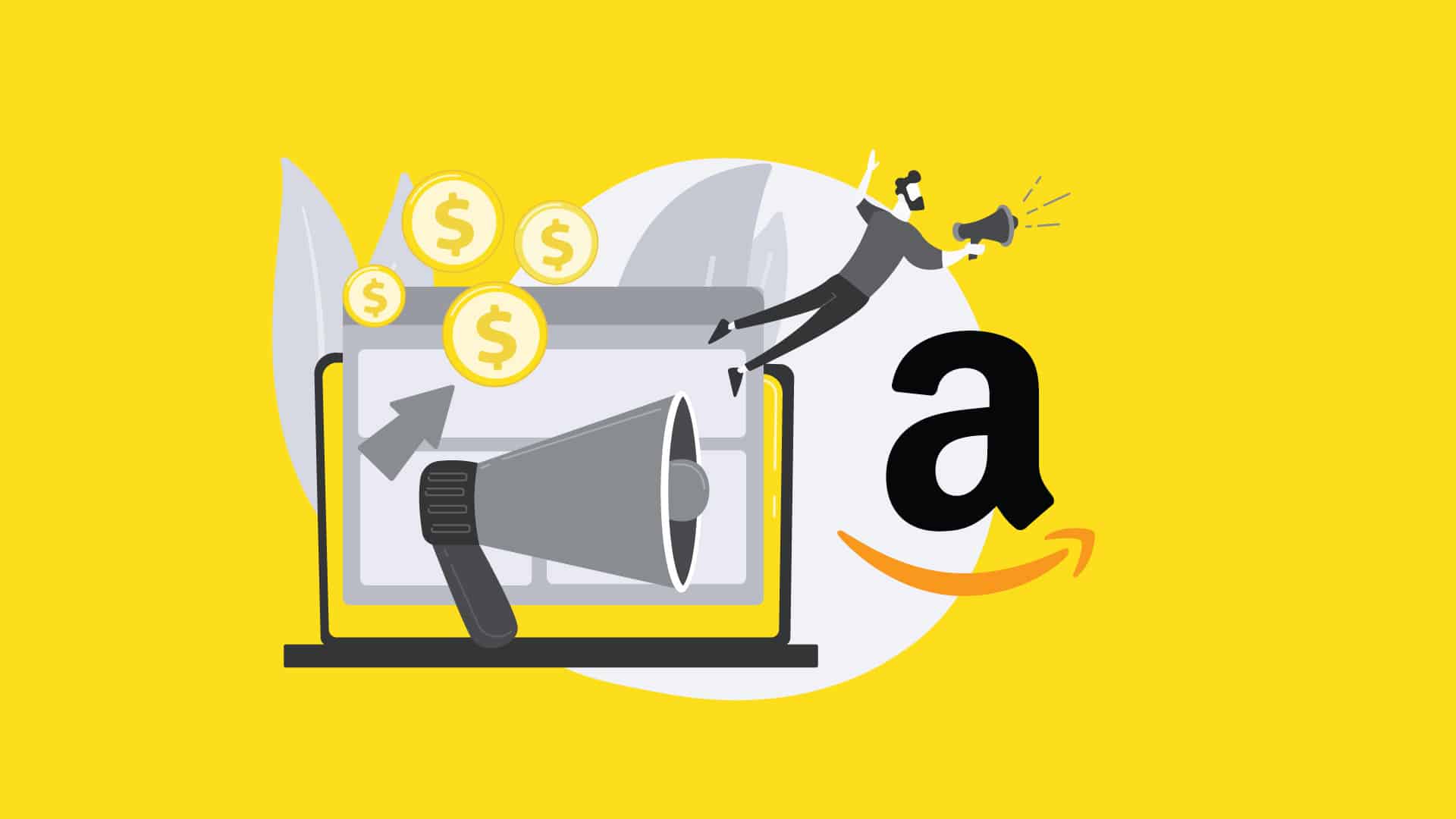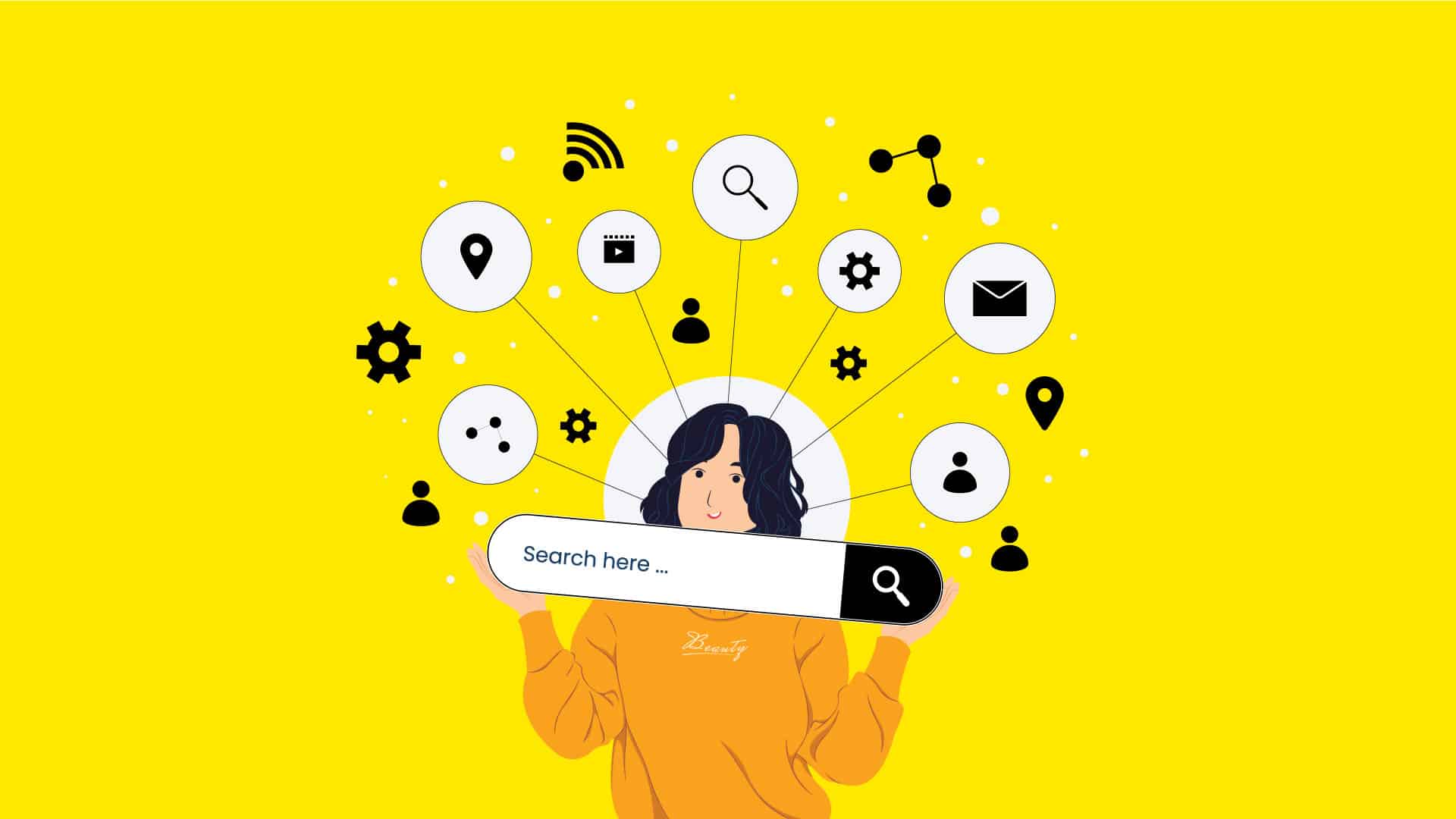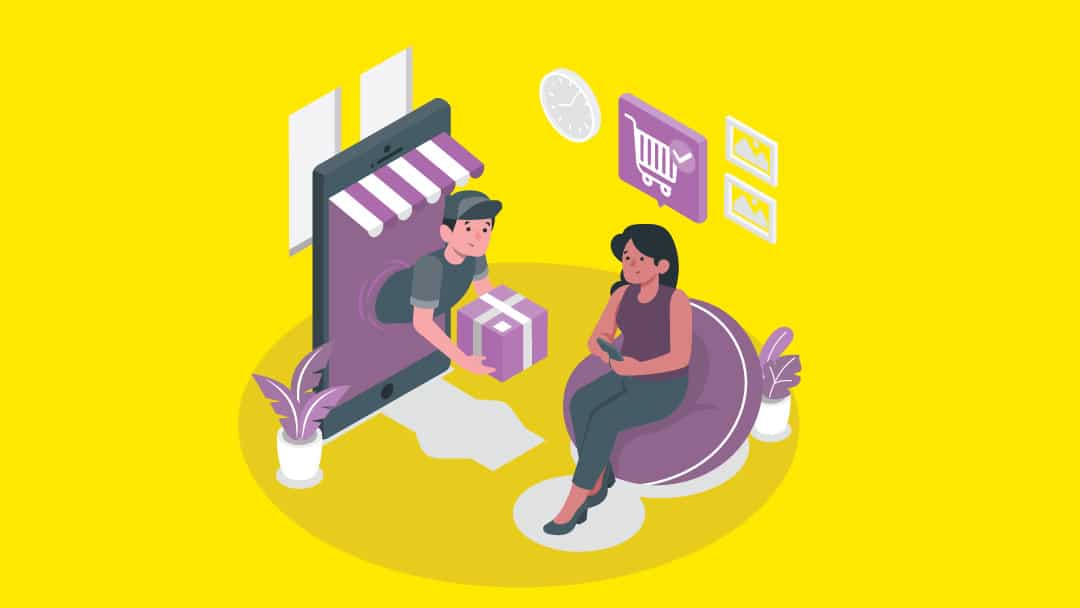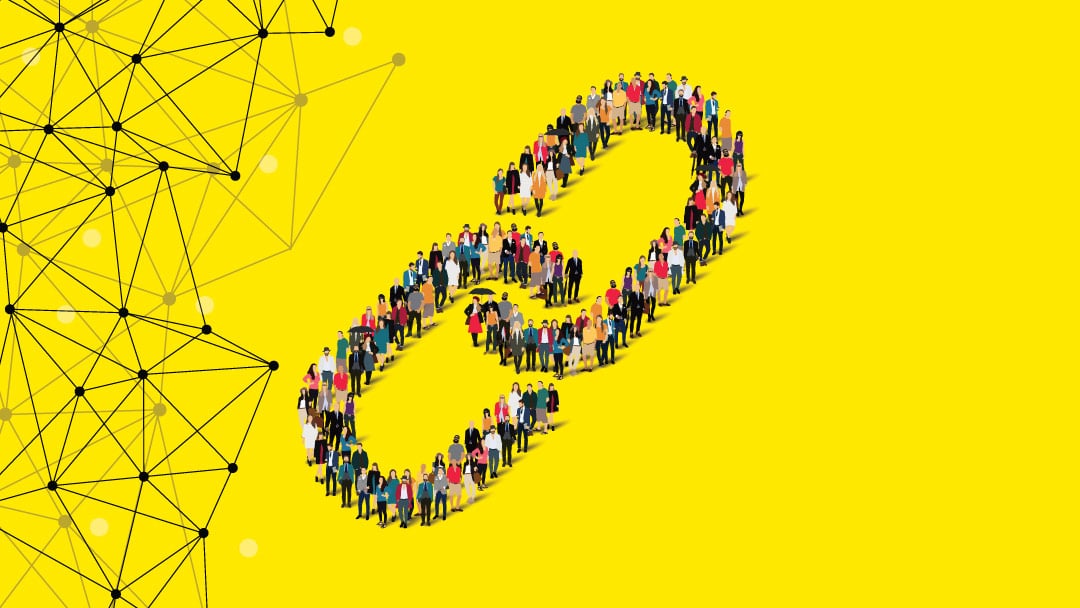The Importance of the Digital Marketing Funnel: How to Use it to Drive Success for Your Business
- Home
- Digital Marketing
- The Importance of the Digital Marketing Funnel: How to Use it to Drive Success for Your Business

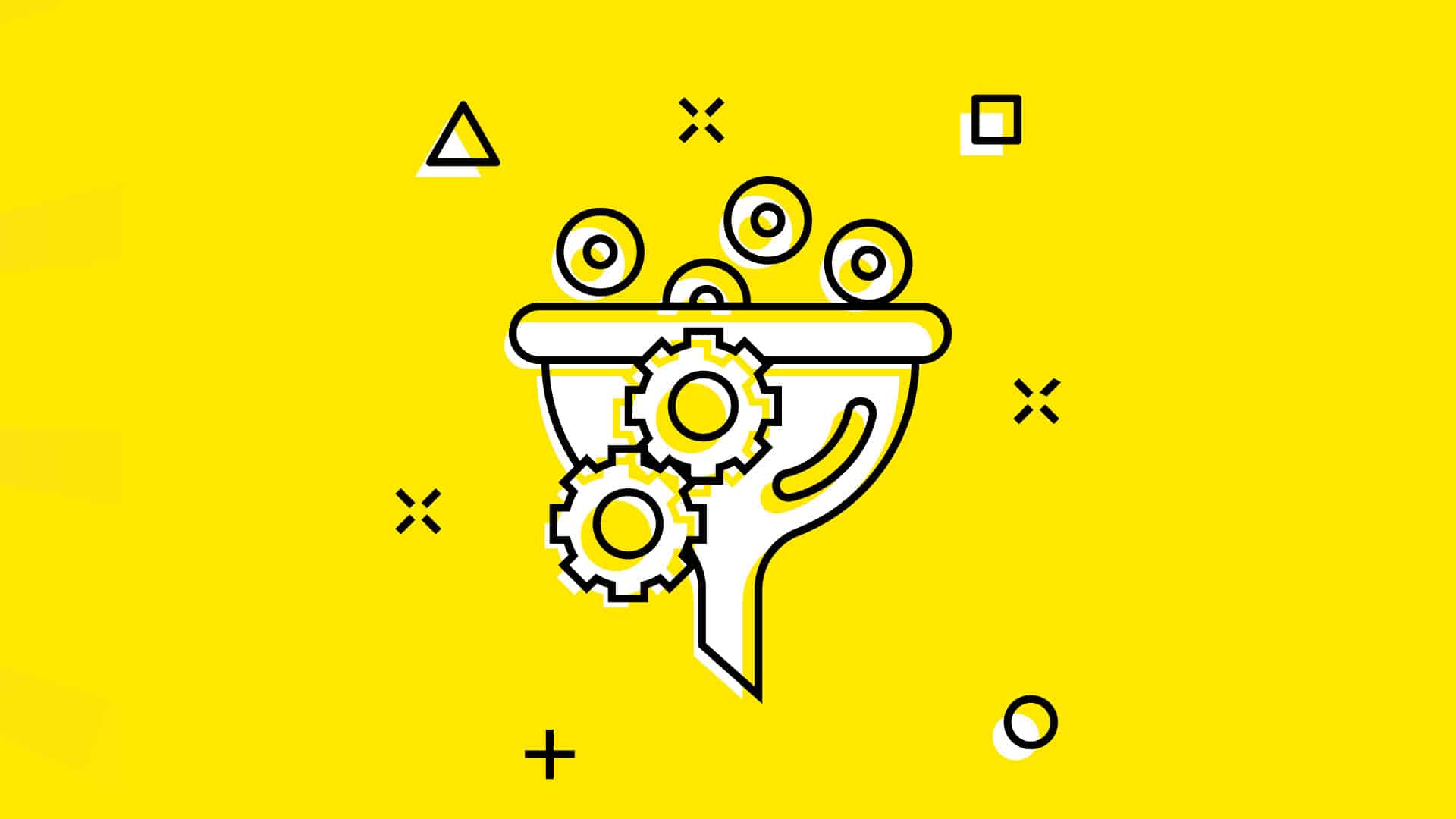
In today’s digital age, the vast majority of businesses rely on some form of online marketing to reach and engage with their target audience. Whether it’s through social media, email marketing, pay-per-click (PPC) advertising, or search engine optimization (SEO), businesses use a variety of tactics to promote their products or services and drive traffic to their websites.
One key concept that underlies many of these tactics is the digital marketing funnel. The digital marketing funnel is a framework that helps businesses to understand how customers move through the process of becoming aware of a product or service, evaluating it, and ultimately making a purchase. By understanding this process, businesses can develop strategies and tactics that are tailored to each stage of the funnel, with the goal of moving potential customers closer to making a purchase.
The digital marketing funnel is typically divided into four main stages: awareness, consideration, conversion, and loyalty. Each stage represents a different point in the customer journey, and requires a different approach to marketing.
AWARENESS: The awareness stage is the first stage of the funnel, and it is where potential customers become aware of a product or service. This stage is often characterized by a high level of competition, as businesses are vying for attention in a crowded marketplace. To succeed in the awareness stage, businesses need to use tactics that will help them to stand out from the competition and capture the attention of potential customers. This may involve using paid advertising, such as PPC or social media ads, or using content marketing tactics, such as SEO, to improve the visibility of their website in search results.
CONSIDERATION: The consideration stage is the second stage of the funnel, and it is where potential customers begin to evaluate a product or service. At this stage, customers are typically looking for more information about the product or service, and are considering whether it meets their needs and fits into their budget. To succeed in the consideration stage, businesses need to provide potential customers with the information they need to make an informed decision. This may involve using email marketing to nurture leads, or using social media to engage with potential customers and address any questions or concerns they may have.
CONVERSION: The conversion stage is the third stage of the funnel, and it is where potential customers become actual customers. At this stage, customers have decided to make a purchase, and are ready to complete the transaction. To succeed in the conversion stage, businesses need to make it easy for customers to complete the purchase, and to minimize any barriers that may prevent them from completing the transaction. This may involve using online payment systems, or providing a clear and easy-to-use checkout process on their website.
LOYALTY: The loyalty stage is the fourth and final stage of the funnel, and it is where businesses can turn one-time customers into loyal, repeat customers. At this stage, businesses need to focus on building a relationship with customers, and on providing them with a high level of customer service. This may involve using loyalty programs, or using social media to engage with customers and address any issues or concerns they may have.
By understanding the digital marketing funnel and how it applies to their business, businesses can develop strategies and tactics that are tailored to each stage of the funnel, and that are designed to drive success. By working with a digital marketing company, businesses can tap into the expertise and experience of professionals who can help them to develop and implement effective marketing strategies that will help them to reach and engage with their target audience, and to drive conversions and loyalty.
- Branding
- Branding & Advertising
- Case Study
- Client-logo
- Design Inspiration
- Digital Marketing
- Domain Registration
- Event Design
- Free Resources
- Google Analytics
- Google Apps
- Google Panda
- Google Penguin
- Graphic Design
- Identity Design
- Infographics
- Link Exchange
- Logo Designing
- Packaging
- Photography
- SEO
- Social Media
- Uncategorized
- Website
- Website Design

